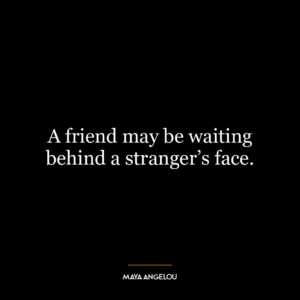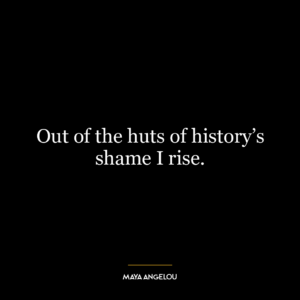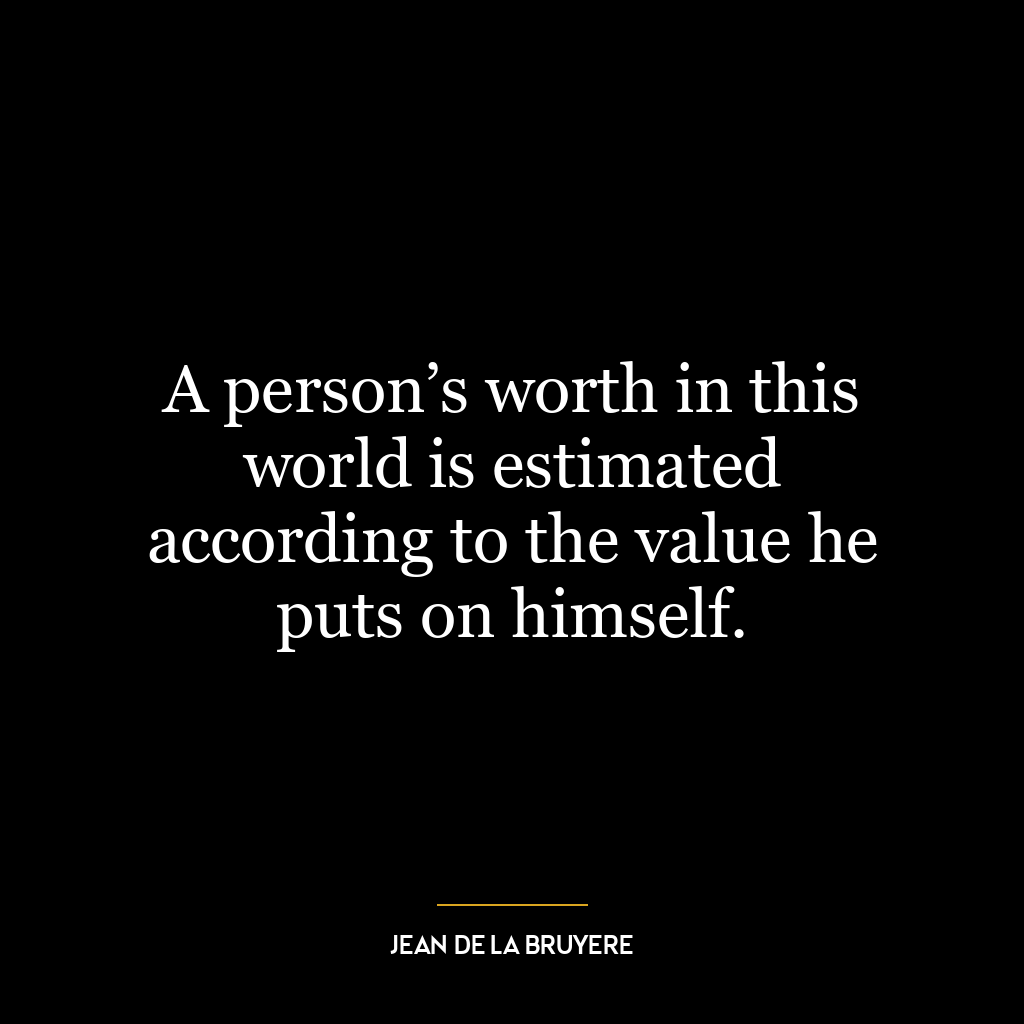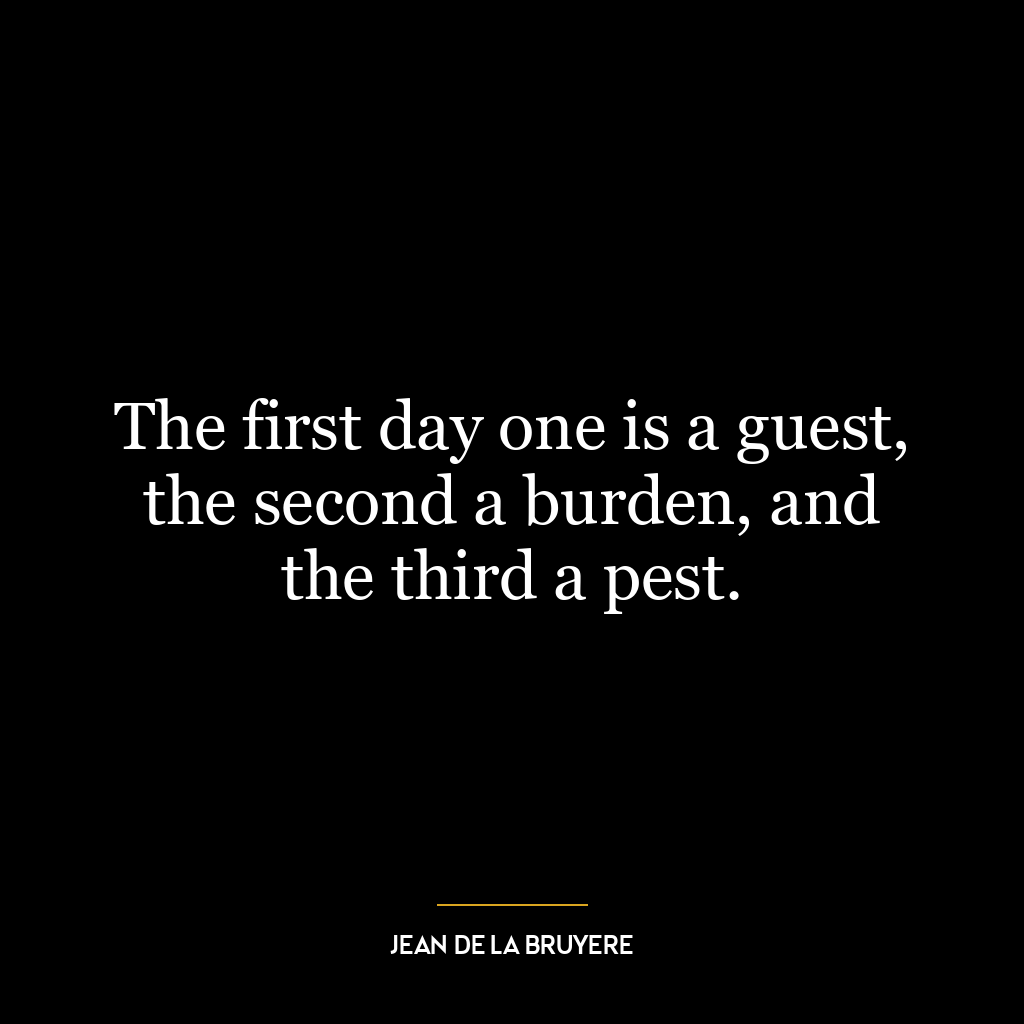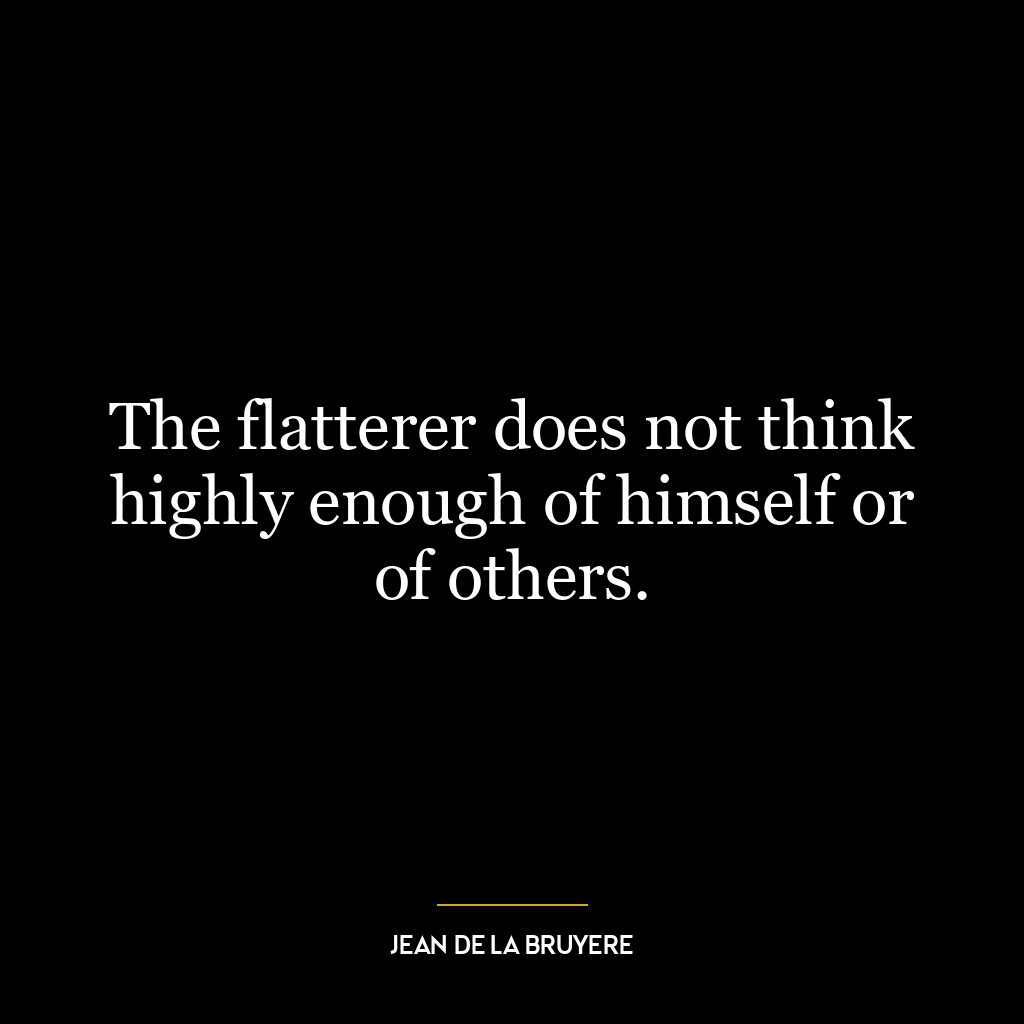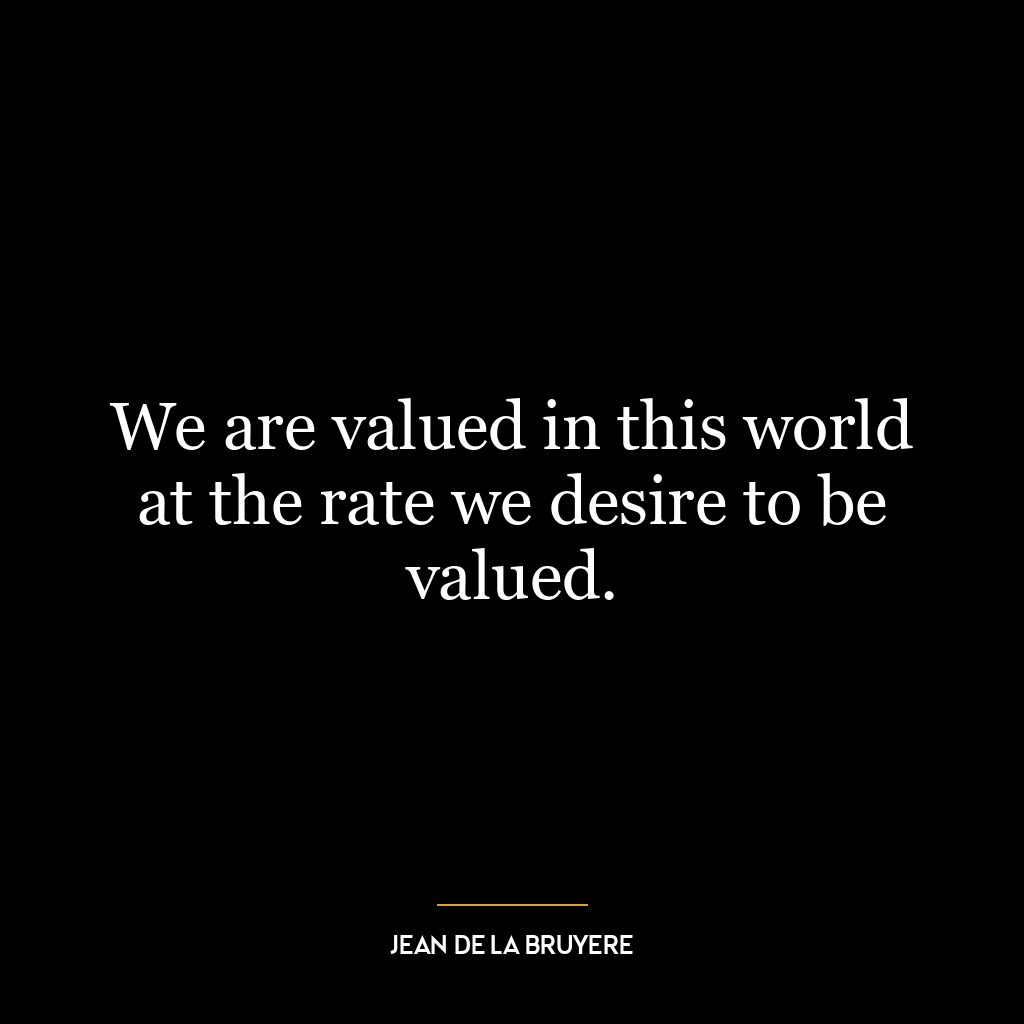If I am not good to myself, how can I expect anyone else to be good to me?
The quote “If I am not good to myself, how can I expect anyone else to be good to me?” is a powerful assertion of self-love and self-respect. It implies that the way we treat ourselves sets the standard for how others will treat us. If we neglect our own needs, disregard our well-being, or consistently put others before ourselves, we send a message that it’s acceptable for others to treat us in the same manner.
The essence of this quote is about self-worth. It suggests that if we don’t value ourselves, it’s unreasonable to expect others to do so. It’s a call to action for individuals to recognize their own worth and to treat themselves with the kindness, respect, and care they deserve. It’s not about being selfish or egotistical, but about acknowledging that our own needs and feelings are important.
In today’s world, this quote is incredibly relevant, especially in the context of mental health and wellness. We live in a society that often prioritizes productivity over personal well-being, and as a result, many people neglect their own needs in the pursuit of success or in the service of others. This can lead to burnout, stress, and various mental health issues.
In terms of personal development, this quote can be seen as a reminder to practice self-care and to make our own well-being a priority. It encourages us to establish boundaries, to say ‘no’ when necessary, and to ensure that we’re not compromising our own health or happiness for the sake of others. It’s about recognizing that it’s not only okay, but essential, to put ourselves first sometimes.
Furthermore, it suggests that by treating ourselves with kindness and respect, we’re more likely to attract people who will treat us the same way. It’s a reminder that we teach people how to treat us by the way we treat ourselves. Therefore, being good to ourselves is not just beneficial for our own well-being, but also for the quality of our relationships with others.




